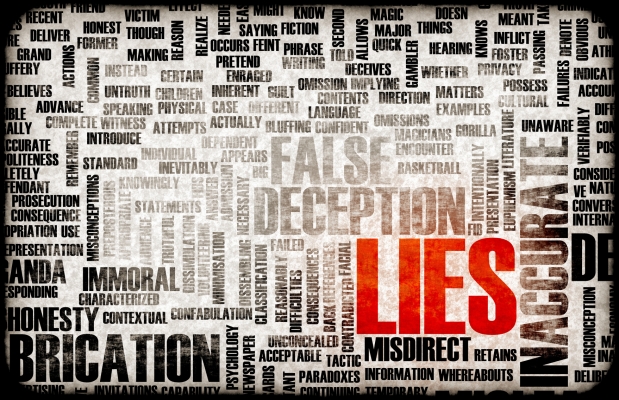Well, well, well…here is an email Randi sent out today to supporters….and some of my comments.
Randi:
Make no mistake: This case is not about individual liberty or the First Amendment. It is an outright attack against unions to prevent us from representing our members and using our voices to fight for our families, our schools, our colleges, our healthcare facilities and our communities.
First of all this case is about staff who do not want to be members. But since you point it out, I think you would be serving your members BETTER with voluntary dues because you would need to actually listen to them ALL and not just the policy wonks in DC to craft your policy. And the fact that in CA you have to pay the whole amount up front and then go through a cumbersome process to get a refund? I want to keep all my money for myself. I shouldn’t have to pay ahead and get my money back. The Government does that but unions ARE NOT THE GOVERNMENT. Though they certainly act like the are.
Randi:
This case would undermine our unions and challenge nearly 40 years of precedent—and the court agreed to hear it barely a year after it dealt a blow to workers with its decision in Harris v. Quinn. In fact, the conservative justices on the court used the Harris v.Quinn ruling to invite cases like this one, showing just how political they really are.
40 year old precedent means times have changed and we don’t need that 40 year old law anymore. Unions had a role, but it’s getting outdated and they don’t want to give up their enormous power over the government. Well they don’t have control of the Supreme Court and I would say the “blow” from Harris vs Quinn is a further indication that you’re going to keep losing. How many times have teachers unions sneakily support candidates and campaigns? And you are calling the lawyers “political”? Better look in the mirror.
Randi:
In the end, this case comes down to a fundamental question: Do unions have a right to collect a fair share from the people we represent, to ensure that we’re able to speak for all workers?
Define “fair share”. I don’t think 60-70% of the total dues is fair. I haven’t seen an accounting of how all those funds are spent. Maybe if you didn’t spend years on end stonewalling negotiations it wouldn’t cost so much to collectively bargain. Maybe you just need to spend 60-70% unnecessarily so you can justify continuing to collect it. Also, you’ve done such a good job of enacting terrible laws like salary scales and tenure that all those benefits are already there. If you want to say that teachers are benefiting from your negotiation for the whole, why can’t that member just negotiate for his/her self instead?
Randi:
The attack on labor by those who don’t want working families to have a voice has intensified. It has moved from the statehouse to the courthouse. But our affiliates understand that engaging our communities and our members, and organizing new members, are the key to repelling those attacks and growing a strong middle class.
These people DO want these teachers to have a voice. You are smothering them with your forced dues. These lawyers are the only ones standing up for teachers who don’t want to be in the union. You are not standing for those teachers. You are literally standing on a wad of bills smothering them. Get off of them. Collect your money voluntarily. And actually listen to ALL of the teachers, not just the ones who help you make your case. Plenty of teachers aren’t being heard by YOU.
Randi:
I’m proud that, at times like these, the AFT is still growing. We passed the 1.6 million mark last summer
Um, that’s because teachers are leaving you and you have to make up your cash with other disciplines…..
Randi:
and like AFT Michigan, which has held strong despite the so-called right-to-work law in place there.
I’m amazed even mentioned Michigan, while your cohort MEA is literally ruining the credit of teachers who don’t want to be part of the union as retribution for a law that PROTECTS workers by letting them choose to be part of the union or not to be.
“Everyone’s voice matters” unless you don’t want to be a union member.





